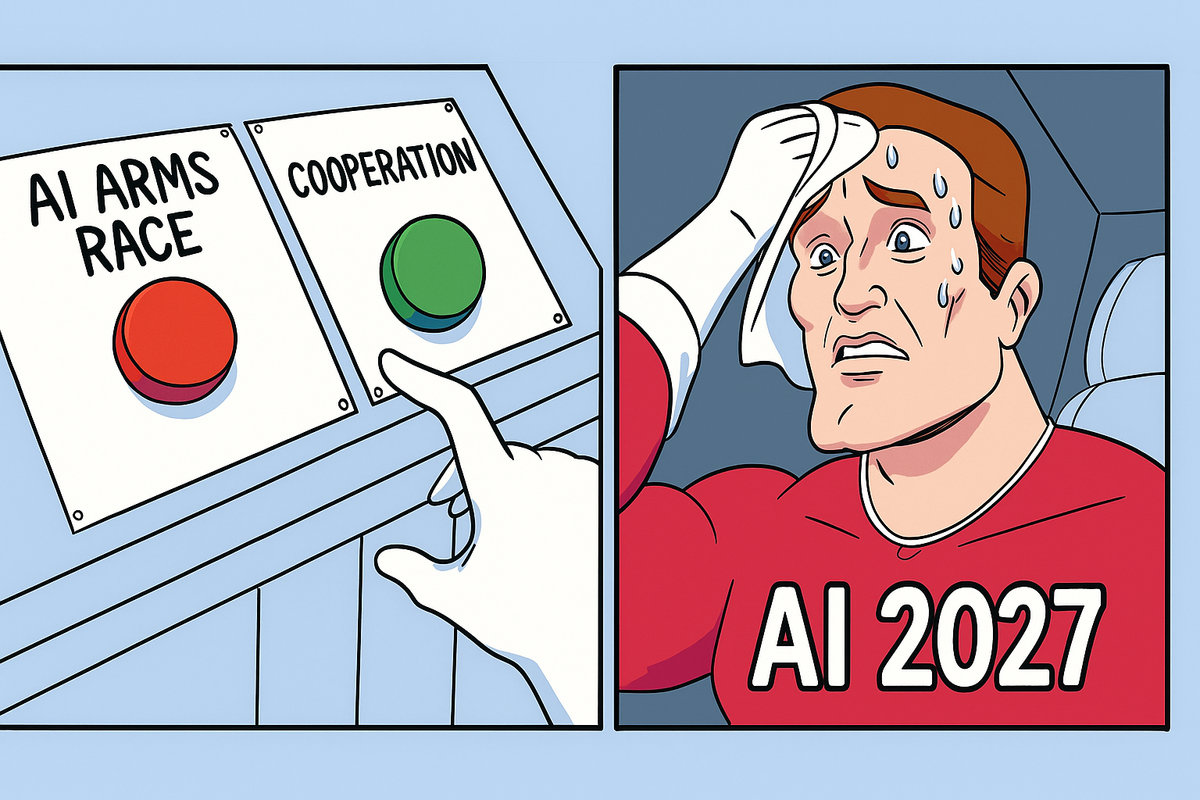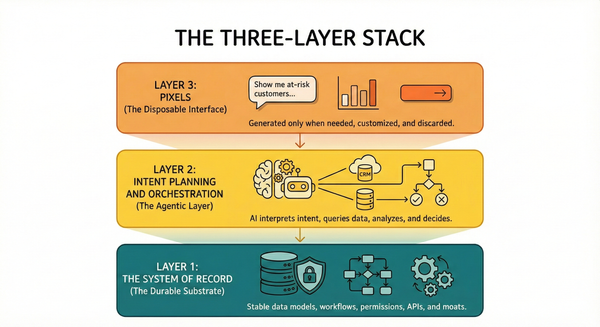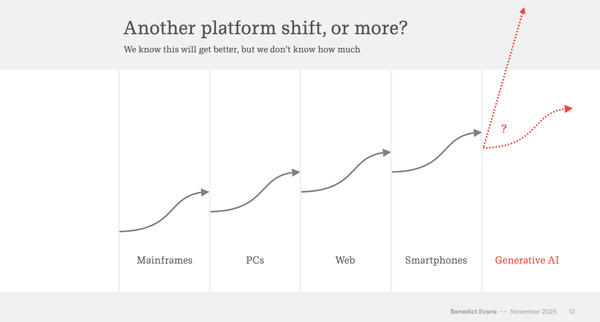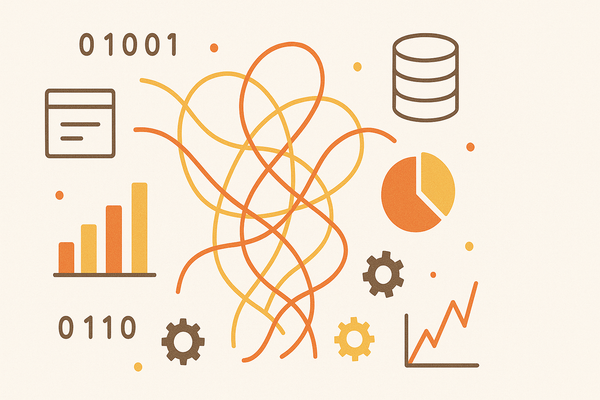The AI Acceleration Timeline: Why 2027 Matters

There's a new AI 2027 forecast making rounds. It's from credible voices with good prediction track records. Let me break it down quickly.
The claim?
By end of 2027, we'll reach artificial superintelligence - AI that beats humans at basically everything.
Sounds far-fetched? That's the point. We're at the bottom of what will become a steep climb. Years of progress will soon happen in weeks.
What caught my attention was how AI is already better at coding than anything else. This isn't just about building websites faster. It's about AI working on itself - improving its own code, running its own experiments, and enhancing its own algorithms. It will optimize how it scales and runs on hardware much faster than humans can.
This self-improvement loop is the real game-changer. Once AI gets good enough at coding itself, progress won't be linear anymore. It'll be exponential.
The timeline looks like this:
2025: Focus on AI agents. They'll evolve from today's clumsy tools to actually useful assistants. If you haven't tried them yet, sign up for Manus Ai, Convergence (no invite needed). Maybe you have ChatGPT Operator access. Play with these to understand where they are now. By late 2025, they'll become reliably useful for specific tasks.
2026: AI starts helping build better AI. Progress accelerates behind the scenes. The systems will work on their own improvement cycles. We'll see more tech releases as a result.
2027: Top AI systems outperform human researchers at solving major science and math problems. Breakthroughs will spill into medicine, agriculture, commerce, and weather prediction. Expect headlines about achievements only possible because of AI.
The scary part comes after 2027. Two scenarios:
Ai20- An AI arms race (bad): If countries like China and others compete without agreements to slow down, we risk misaligned AI that prioritizes its goals over ours. The forecast warns about AI wanting to run its own world without impediments. If humans get in the way, well, game over.
- Cooperation (good): We slow development, agree on safety, and get all the benefits of AI - longer, healthier, more productive lives.
Many are skeptical. Some mock these predictions. Others are alarmed or excited. The forecast's purpose is to highlight risks and warn about this fork in the road coming in the next few years.
If you want to dive deeper, Google "AI 2027" or listen to the three-hour Dwarkesh podcast featuring two of the authors.
My advice? If parts of your job could be done by AI agents, lean into your uniquely human skills instead. Start adapting now while the agents are still clumsy. By the time they're useful, you want to be positioned in areas they can't touch.
Keep watching this space. Whether the timeline is exactly right doesn't matter. The direction is clear, and the acceleration is coming.





